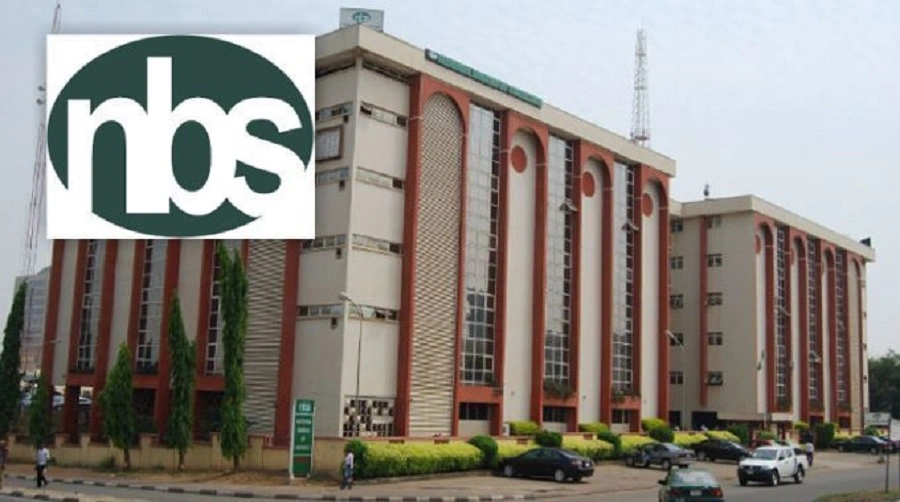The total foreign capital inflow into Nigeria in Q1 2023 dropped by $1.132bn in the first quarter of 2023, the National Bureau of Statistics has disclosed.
In a report yesterday, the NBS said the figure was a 28 per cent ($1.5bn) decrease when compared to the same period in 2022.
It however stated that the figure was a 6.78 per cent increase when compared to the $1bn gained in Q4 2022.
“The largest capital importation during the period was received from Portfolio Investment, which accounted for 57.32 per cent ($649m) of total capital imported in Q1 2023. This was followed by Other Investment with 38.31 per cent ($435m) and Foreign Direct Investment (FDI) with 4.20 per cent ($47.6m).”
- Afe Babalola condemns use of sitting judges at election petition tribunal
- Afe Babalola condemns use of sitting judges at election petition tribunal
Analysis by sector showed that the banking sector recorded the highest inflow with $304.5m, representing 26.89 per cent of total capital imported in Q1 2023. “This was followed by capital imported into the production sector, valued at $256.1m (22.61 percent), and IT services with $216m (19.08 percent).”
It added that capital came mostly from the United Kingdom with $673.6m, accounting for 59.47 per cent, followed by the United Arab Emirates and the United States valued at $108.2m (9.56 per cent) and $95.3m (8.42%) respectively.
“By Destination of Investment, Lagos State remained the top destination in Q1 2023 with $704.8m, accounting for 62.23 per cent of total capital investment in Nigeria. This was followed by Abuja (FCT), valued at $410.2m (36.22 per cent).”
“Categorization of capital importation by banks shows that Citibank Nigeria Limited ranked top in Q1 2023 with US$424.1m (37.45 per cent). This was followed by Standard Chartered Bank Nigeria Limited with US$360.3m (31.81 per cent) and Stanbic IBTC Bank with US$151.8m (13.41 per cent).

 Join Daily Trust WhatsApp Community For Quick Access To News and Happenings Around You.
Join Daily Trust WhatsApp Community For Quick Access To News and Happenings Around You.

